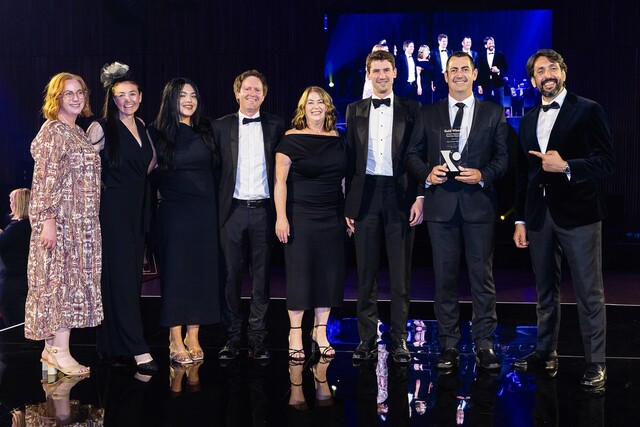Unfortunately, no area of society is immune from the problems of harassment and abuse. That includes sport &endash; even sport at the community level.
Reporting of sexual offences and other forms of harassment and abuse in sport has increased substantially over recent years. No one wins &endash; the sport is brought into disrepute and the issue spills into the broader local community.
Harassment cases in sport highlight the need for the sporting community and indeed the wider community to be professional, educated on the issues, and to have appropriate procedures in place.
The Australian Sports Commission (ASC) is helping clubs and sporting organisations to address the issue through its Harassment-free Sport Strategy that includes:
- a model anti-harassment policy
- guidelines for administrators, athletes and coaches
- guidelines on disability discrimination
- education awareness raising seminars
- accredited skills training for harassment contact officers and complaints officers
- advice to organisations.
The ASC has trained over 100 harassment contact officers and complaints officers in sports at all levels. Harassment contact officers (HCOs) are the first point of call in a sporting organisation for any complaints or concerns regarding harassment. Complaints officers (COs) mediate a harassment situation, formally or informally.
Local Government’s role in the Harassment-free Sport Strategy
Making sport harassment-free at the local level is equally as important as making sport harassment-free at the elite level. Councils cannot ignore the issue, nor can they ignore their responsibility to support community organisations to prevent and resolve harassment in sport.
Local Councils can be proactive in the following areas.
- Publicise the issue of harassment in sport in community forums and media
- Distribute the Australian Sports Commission’s Harassment-free Sport information to local clubs
- Encourage and support Council staff to be trained as either HCOs or COs and be available to help clubs prevent and resolve harassment issues
- Promote their Council as a central contact point for information and support on harassment
- Link with other agencies to establish support or information groups
- Fund or part fund members of sporting organisations to attend harassment-free sport training courses.
Darwin City Council is making a strong contribution to the harassment-free sport strategy. Council has supported their Recreation Services Project Officer, Nerida Child, to attend training to become a CO.
On completion of her training, Nerida will be available to mediate harassment situations should they arise in the Darwin sporting community. Nerida feels that it makes good sense for the Council to have allowed her to pursue the training to become a CO.
“I deal with the majority of the sporting organisations in the Municipality and while a number of representatives from sport also attended the training, it is valuable to have an independent outsider available to mediate,” she said.
As part of its provision of sport and recreation services to the city, Darwin Council makes facilities and resources available to many sporting organisations in the community.
“We already have a strong link to them and having a complaints officer in Council is another service we can provide if they need it,” Nerida said.
Sport contributes to community health, to community harmony and to community unity, but unfortunately issues in sport such as harassment can also be extremely distressing, disruptive and divisive.
How can your Council help make sport harassment-free?
For more information on the ASC’s strategy visit the Active Australia web site at www.activeaustralia.org
For details of Harassment-free Sport resources contact the ASC Publications unit on (02) 6214 1915.
To contact the trained HCOs and COs in your area please email the ASC on activeoz@ausport.gov.au
















